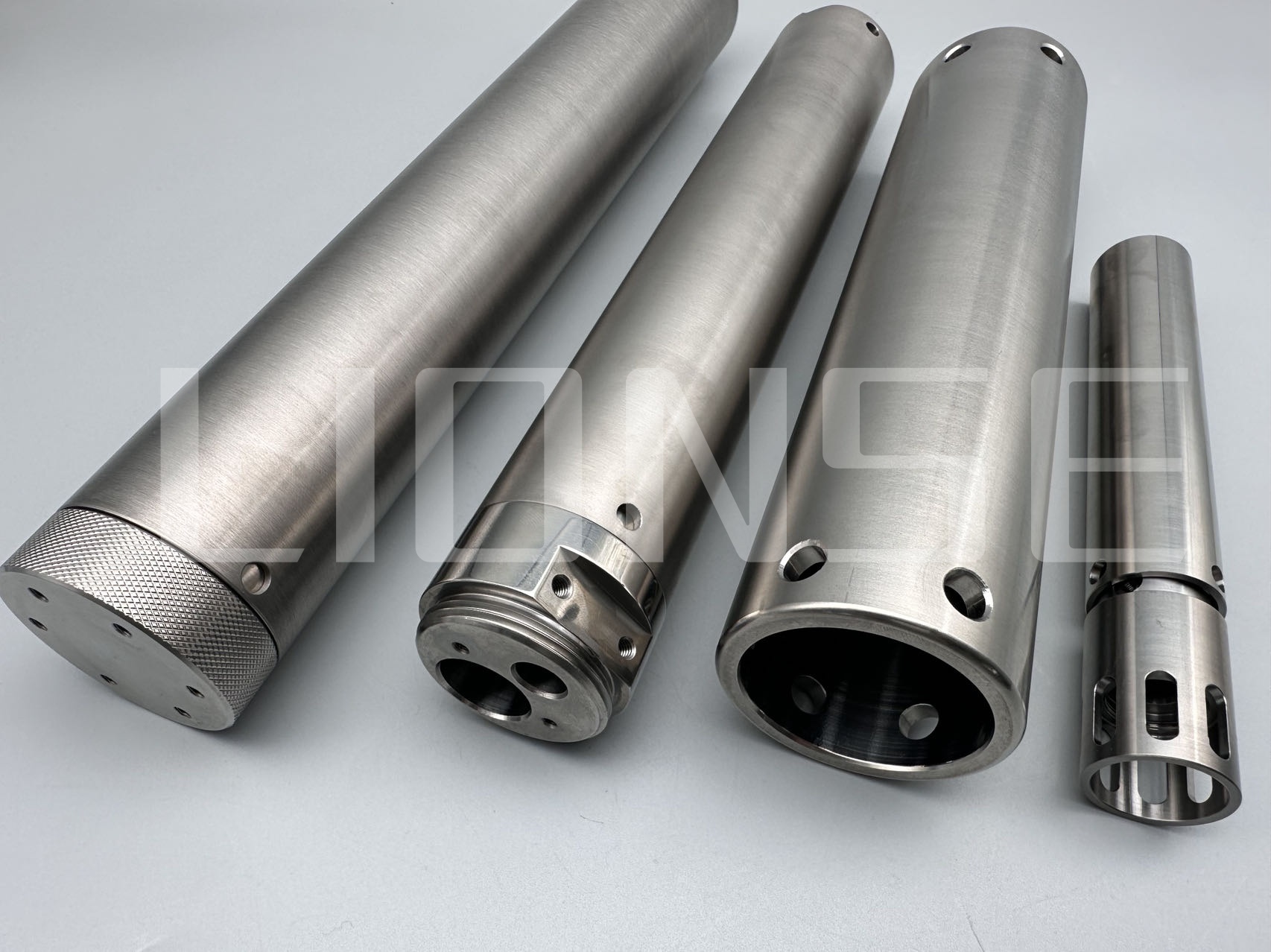

1.Dominant Applications in the Mechanical Industry
Aerospace and Aviation: Titanium alloys are extensively used in aircraft engines, airframes, and landing gear due to their lightweight and high-temperature resistance. For example, components like compressor blades, disks, and fasteners are often made from titanium alloys.
· Automotive Industry: In high-performance and luxury vehicles, titanium alloys are used for engine valves, connecting rods, and exhaust systems to improve efficiency and reduce weight.
· Marine Engineering: Their corrosion resistance makes titanium alloys ideal for shipbuilding, particularly for propellers, shafts, and heat exchangers exposed to seawater.
· Chemical Processing: Titanium alloys are used in equipment such as reactors, valves, and piping systems due to their resistance to aggressive chemicals.
· Power Generation: In turbines and generators, titanium alloys are employed for their high-temperature strength and corrosion resistance.
· Medical Devices: While not strictly "mechanical industry," the biomechanical sector heavily relies on titanium alloys for implants, prosthetics, and surgical instruments due to their biocompatibility and strength.
2.Key Properties Driving Adoption
· High Strength-to-Weight Ratio: Titanium alloys offer exceptional strength comparable to steel but at a significantly lower density (about 60% of steel). This makes them ideal for applications where weight reduction is crucial without compromising structural integrity.
· Corrosion Resistance: They exhibit excellent resistance to corrosion, even in harsh environments involving seawater, chemicals, or extreme temperatures. This property extends the lifespan of components and reduces maintenance costs.
· Thermal Stability: Titanium alloys maintain their mechanical properties at elevated temperatures, making them suitable for high-temperature applications such as turbine engines and heat exchangers.
· Biocompatibility: In certain mechanical applications involving medical devices or food processing equipment, the biocompatibility of titanium alloys is a significant advantage.
3.Future Outlook
· Cost: Historically, the high cost of titanium alloys has limited their widespread adoption. However, ongoing efforts to improve production efficiency and recycling processes are mitigating this issue.
· Machinability: Titanium alloys are notoriously difficult to machine due to their low thermal conductivity and high chemical reactivity with cutting tools. Innovations in tooling and machining strategies are addressing these challenges.
· Future Growth: With the increasing demand for lightweight, high-performance materials in industries like renewable energy, electric vehicles, and advanced manufacturing, the role of titanium alloys in the mechanical industry is expected to grow significantly.
